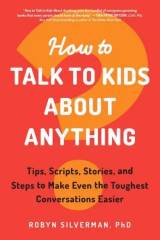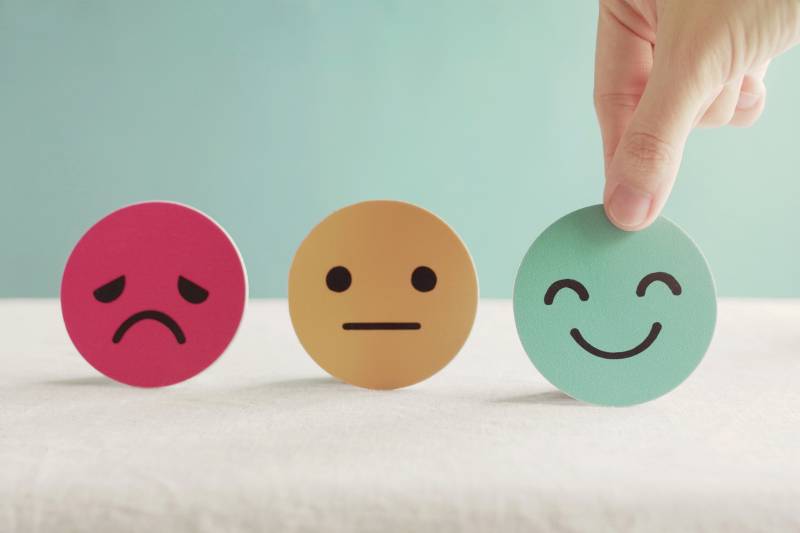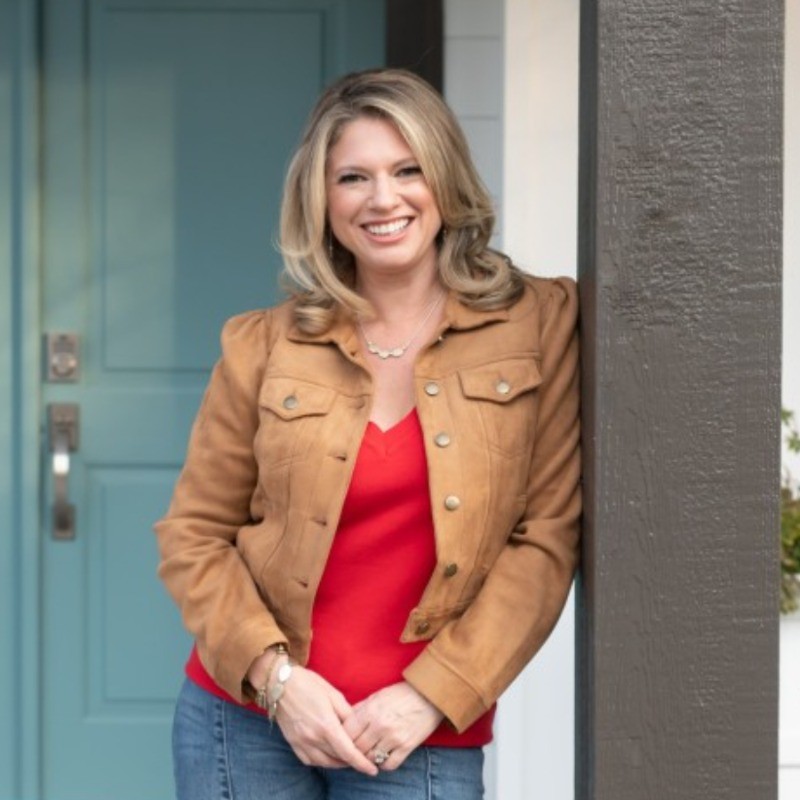Excerpted from How to Talk to Kids About Anything: Tips, Scripts, Stories, and Steps to Make Even the Toughest Conversations Easier by Robyn Silverman. (c) 2023 by Dr. Robyn Silverman. Used with permission of the publisher, Sourcebooks, Inc. All rights reserved.
While we may wish our kids could be happy all the time, as it turns out, they wouldn’t be healthy if they were. Studies show that those who experience emodiversity, a range and abundance of both negative and positive emotions, are happier and healthier than those who remain numb or tend to fixate on any one emotion for a long period of time. Additionally, in environments that place a premium on expressing only positive emotions, those who experience negative feelings tend to falter. As Susan David, PhD, psychologist and bestselling author of Emotional Agility says in her TED Talk, “Tough emotions are part of our contract with life. You don’t get to have a meaningful career or raise a family or leave the world a better place without stress and discomfort.”
 When we attempt to suppress emotional thoughts, feelings, and expressions, there can be negative consequences. Studies show that emotional inhibition and invalidation contribute to children becoming dysregulated, distressed, depressed, anxious and more negative over time. When we try to reject, dismiss and prematurely urge our children to move away from tough feelings, they can wind up with more of them. Plus, if we ignore or minimize our children’s feelings, we could hurt our relationship with them and make them feel lonely or even worthless.
When we attempt to suppress emotional thoughts, feelings, and expressions, there can be negative consequences. Studies show that emotional inhibition and invalidation contribute to children becoming dysregulated, distressed, depressed, anxious and more negative over time. When we try to reject, dismiss and prematurely urge our children to move away from tough feelings, they can wind up with more of them. Plus, if we ignore or minimize our children’s feelings, we could hurt our relationship with them and make them feel lonely or even worthless.
Conversely, when parents accept their children’s feelings and view emotional displays as opportunities to empathize, connect and strategize, kids tend to have fewer emotional and behavioral problems, including issues with anger, anxiety and acting out. “Feelings are just a message to us,” Laura Markham, psychologist and author of Peaceful Parent, Happy Kids, told me. “When you allow yourself to feel an emotion, it begins to dissipate and heal.”
Parents often ask me if they should be sharing their own negative feelings with their children. The knee-jerk reaction, of course, is to say no — we want to protect our kids from the unpleasant things in life. But research shows that parents and key adults who hide their negative feelings from their children may not only confuse them but also appear less emotionally available. In a recent study of 107 parents and their children, researchers at Washington State University found that when parents pretended everything was fine, the kids exhibited more signs of stress and, in fact, both parents and kids were less warm and engaged with one another. Also, parents who admit to and cope with common negative feelings such as anger, sadness and fear show kids how to handle these emotions, regulate them and make a situation better.



